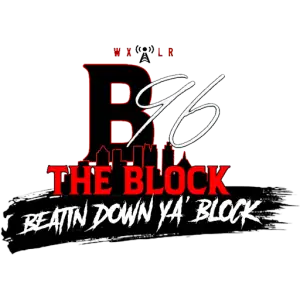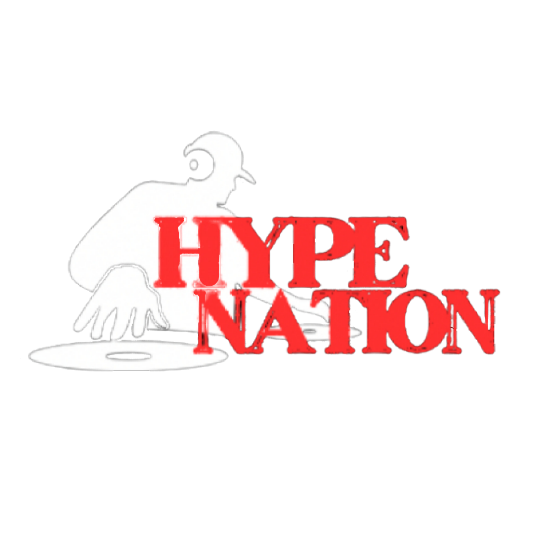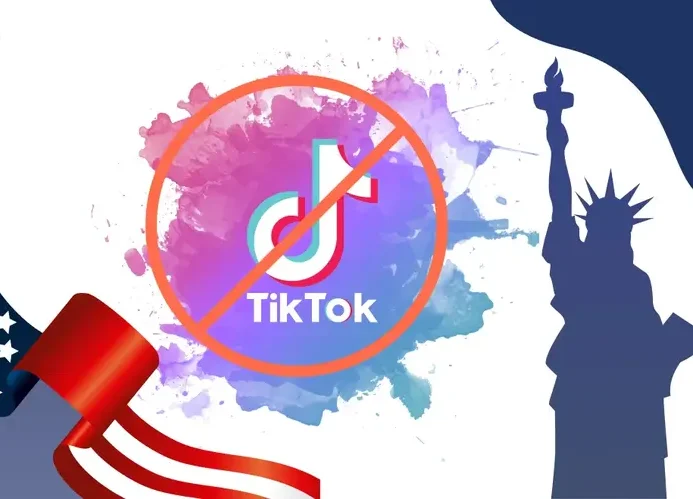On January 18, 2025, TikTok ceased its operations in the United States, affecting approximately 170 million users nationwide. This shutdown was a direct consequence of the “Protecting Americans from Foreign Adversaries Compromising our Applications” (PAFACA) Act, which mandated that ByteDance, TikTok’s Chinese parent company, divest its U.S. operations by January 19, 2025, or face a nationwide ban. ByteDance did not secure a buyer within the stipulated timeframe, leading to the app’s removal from Apple and Google app stores and rendering it inaccessible to existing users.
Legal Battles and Government Stance
In response to PAFACA, ByteDance filed a lawsuit against the U.S. government, asserting that the forced divestment violated the First Amendment. However, the U.S. Supreme Court upheld the law, emphasizing national security concerns over data privacy and potential foreign influence. The Biden administration defended the legislation, citing risks associated with TikTok’s Chinese ownership.
Political Developments and Future Prospects
President-elect Donald Trump has indicated a willingness to collaborate with ByteDance to restore TikTok’s services in the U.S. He mentioned the possibility of granting a 90-day extension to facilitate the sale of TikTok’s U.S. operations to a non-Chinese entity. Despite the current shutdown, TikTok’s CEO expressed optimism about reaching a resolution that would allow the platform to resume operations in the country.
Impact on Users and Influencers
The abrupt shutdown has left millions of American users and content creators in a state of uncertainty. Many influencers, who relied on TikTok for their livelihoods, have expressed concerns about the financial implications. Notably, LSU gymnast and social media star Livvy Dunne, who boasts over 8 million followers on TikTok, humorously remarked about transitioning to LinkedIn in light of the ban. The shutdown has significant financial ramifications for influencers like Dunne, who could earn substantial amounts per TikTok post.
Public and Celebrity Reactions
The decision to ban TikTok has sparked a wave of reactions from celebrities and the public alike. Figures such as Kourtney Kardashian and Lizzo shared their final posts on the platform, expressing disappointment and critiquing the government’s decision. Influencers and social media stars have debated and critiqued the government’s decision, highlighting issues such as gun violence, healthcare, and homelessness, and expressing frustration and disbelief over the ban.
Exploring Alternatives
In the wake of TikTok’s shutdown, many U.S. users have begun migrating to alternative platforms. Notably, the Chinese app Xiaohongshu, also known as REDnote, has seen a surge in American users. The hashtag “#tiktokrefugee” has gained traction as users seek new outlets for content creation and community engagement. REDnote moderators have been working to accommodate the influx by translating content into English and adjusting platform features.
Conclusion
The shutdown of TikTok in the United States marks a significant moment in the intersection of technology, politics, and culture. As legal and diplomatic discussions continue, the future of the platform remains uncertain. Users and creators are left to navigate this new landscape, seeking alternative platforms to fill the void left by TikTok’s departure.






















